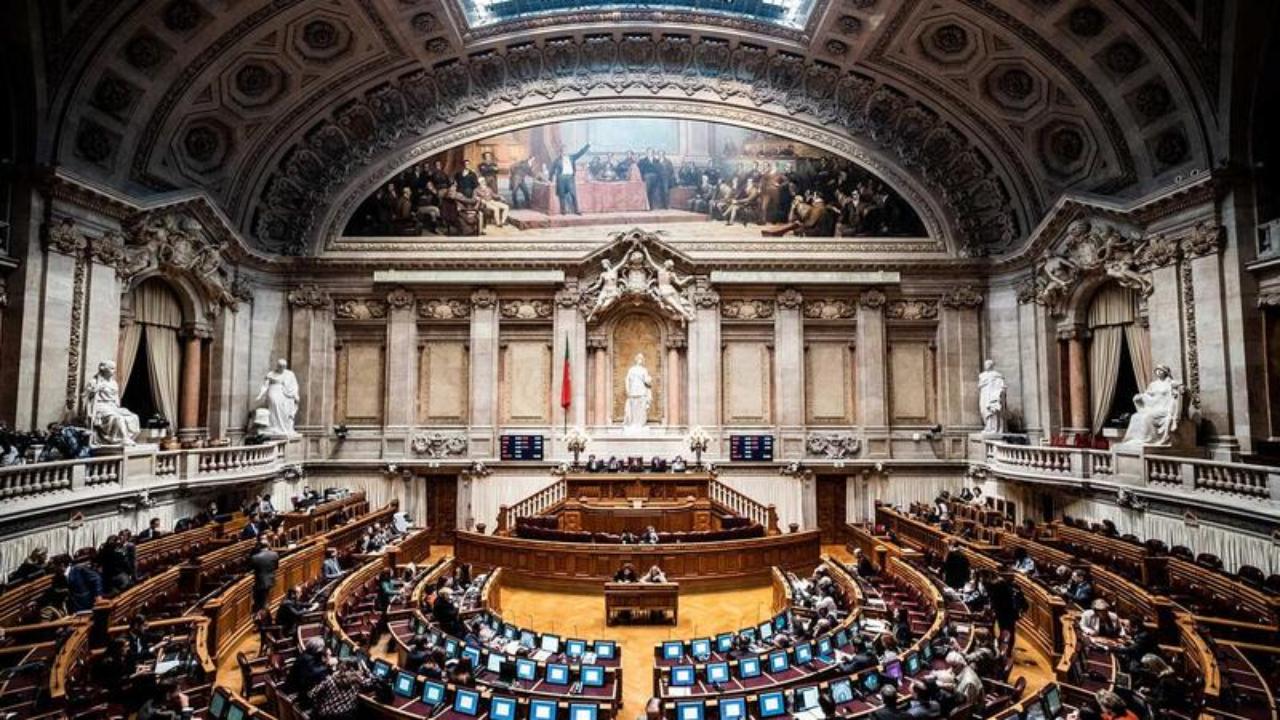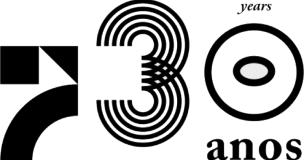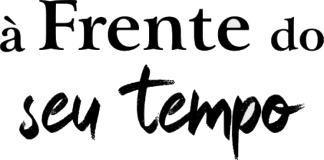Mediapolis Journal - "The media and the transition to democracy"

The journal Mediapolis invites researchers to submit articles that discuss the role of the media and its professionals in processes of transition to democracy.
The Portuguese military coup of April 25th 1974 constitutes an inseparable milestone of the third wave of democracy, a concept coined by Samuel Huntington (1991). This movement began in Portugal and then spread to Greece, in July 1974, and to Spain, in 1975, subsequently extending to Latin America and Eastern Europe.
The 25th of April thus assumes a pioneering role in terms of democratic transition, as well as a particular relevance in the geostrategic dynamics of the Cold War, attracting the attention of journalists, politicians, intellectuals and activists from different parts of the world. Its fiftieth anniversary serves as the motto for this issue of Mediapolis dedicated to the discussion of the media and its relationship with the processes of democratic transition.
The military movements at dawn on 25th April 1974, which paved the way for the "initial whole and clean day" celebrated by Sophia de Mello Breyner Andresen, took place right from the start through the media, either through the collaboration of radio professionals who disseminated the slogans that set the military coup in motion or through the occupation of the, at the time, only television station, RTP, through which the communiqués of the Armed Forces Movement (MFA) were disseminated.
Journalists, photo and image reporters, among other media professionals, were out in the streets to follow and report, side by side, the various stages of the military coup still underway. After decades of censorship, these professionals rehearsed the exercise of journalism in a democracy. The news coverage of the time is the first draft of the history of an (almost) bloodless revolution, supported from the outset by the many popular people who flooded the streets of the Portuguese capital taking the first, but decisive, steps towards citizenship.
The fall of the Estado Novo brought to an end almost five decades of dictatorship (1926-1974) and launched ingredients that animated a revolutionary process only concluded with the approval of the new constitutional text on 2 April 1976. During this period of some 23 months, so easily inclined to, using the words of Karl Kraus (2018, p. 120), "take the special issue for the event itself", it witnessed complex strategies of political and military action and an explosion of political and social participation by citizens. This civic dynamic, which never reached an identical dimension after the stabilisation of Portuguese democracy, is inseparable from the media playing a role not only in informing about the ongoing events, but also in mobilising people to participate in several key moments of the revolutionary process underway (PREC).
Faced with a troubled period that reflected the urgency of defining the political system to be implemented, the Portuguese media both reported the pulse of society and acted as active political actors (Figueira, 2007). They became involved, in this sense, in political struggles, suffered multiple attempts of control and welcomed profound transformations derived from the regulation of the information sector and the very journalistic practice and organisation of companies (Gomes, 2021).
Taking April 25th as an anchor for the reflection on the media and the processes of democratic transition, as proposed here, necessarily implies taking into account that those almost two years were under the watchful eye of the rest of the world, namely through the news coverage by international journalists who came to Portugal to follow on the ground the events that were taking place, in a context of growing tension. This is an essential dimension to understand how these reports published by media from different countries contributed to the complex political-diplomatic game played by the superpowers of the time, exercising their influence and power in the national political and economic life. It is also worth highlighting its relevance to other movements - social, political and military - that fought for democratisation, such as the liberation movements in Portuguese-speaking African countries, those aimed at the fall of the Franco regime in Spain or those in other countries that lived under dictatorial regimes, such as those in Latin America.
Taking the 50th anniversary of the 25th of April as a starting point, the thematic dossier of the 18th issue of Mediapolis invites submissions of articles which favour an integral perspective of journalism and the media, its various forms and the publicist-editorial activity. Proposals that offer a reflection on the role of the media in the processes of transition to democracy in different countries and at different times will be valued. Studies that discuss and analyse issues such as:
- The role of the media in democratic transition processes;
- The intervention of media professionals in those processes of democratic transition;
- Democratic transition processes and media systems;
- The journalistic coverage of national and foreign events and the resonance of those events in the international media.
Having in perspective the particular date that this issue marks, we also invite the submission of scientific articles with a specific focus on elements related with the role and the place of the media in the democratic transition process underlying the 25th of April 1974 - namely:
- The lives of press, radio and television professionals (journalists, columnists, broadcasters, typographers);
- International special envoys;
- Sanctions within the media;
- New censorial processes;
- Portuguese media in the metropolis and overseas provinces;
- Transformation of the regulation of the information sector.
The issues related to the dynamics of the profession, the journalistic enterprises and institutions, and journalism as a relevant actor in the historical processes under analysis are relevant areas for this issue. Other thematic proposals not listed above are also accepted.
The articles must be submitted until the 1st of September 2023 in order to integrate issue nº 18 of Mediapolis, referring to the first semester of 2024.
They should follow the publication rules that can be consulted in the following link.
Coordinators: Marco Gomes (IPLeiria, CEIS20, CI&DEI) and Inês Conde (IPLeiria)
Figueira, J. (2007). Os jornais como actores políticos. Diário de Notícias, Expresso e Jornal Novo no Verão Quente de 1975. MinervaCoimbra.
Gomes, P. M. (2021). A imprensa na revolução. Os novos jornais e as lutas políticas de 1975. Imprensa Nacional.
Huntington, S. (1991), The third wave: Democratization in the late twentieth century. University of Oklahoma Press.
Kraus, K. (2018). Nesta grande época. Relógio d’Água.





